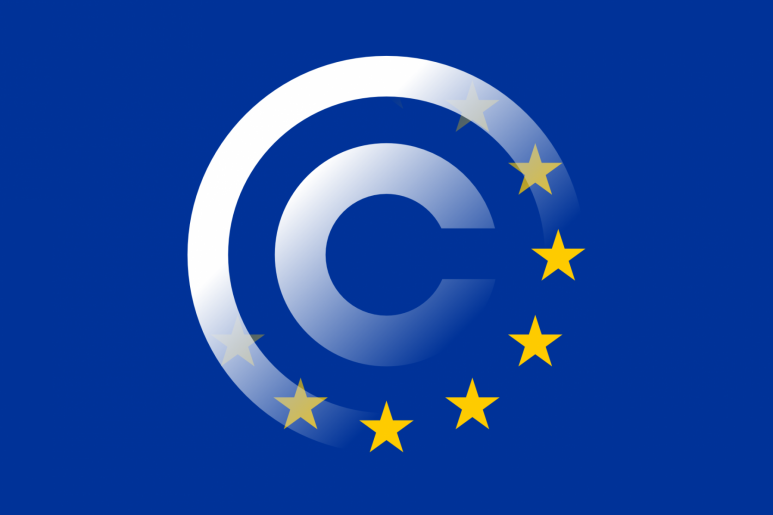In a closely watched decision, the Court of Justice of the European Union (CJEU) ruled on September 8 that the mere act of linking to copyrighted content can in and of itself be a breach of copyright. The decision went against the advice of the CJEU’s own advocate general, who stated earlier this year that the act of linking should not be illegal.
Although the CJEU created a narrow exception where links are not posted for profit, the sweeping ruling will affect any commercial enterprise, even news startups and small-audience hobby bloggers, that share links with their readers. The ruling will be directly binding on the 28 EU member nations, but experts have warned it will also have a worrying global impact, given that it affects any link that is accessible within the EU.
It appears that the right to link is under attack in Europe. Big publishers just hurt Internet users with their upsetting victory at the CJEU. With the EU Commission’s controversial Link Tax proposal just around the corner, Internet users should be deeply concerned that these out-of-touch decision-makers will follow suit and further harm our right to link.
Put simply, publishing giants just harmed our right to hyperlink through the courts. Now, will the EU Commission follow suit with their Link Tax proposal?
Links are the lifeblood of the Internet, and this ruling will have a chilling effect on our right to share and access information freely. Nobody should need to worry about being sued merely for linking to freely available content. Forcing people to pass complex legal tests before sharing links is just unworkable.
The implications of this ruling are profoundly worrying for anyone who cares about access to information and freedom of expression. It will no doubt spawn a rush of lawsuits and create legal uncertainty for any service that utilizes links online. This won’t be the end of this matter, and I’m sure EU political leaders will be getting an earful from the public and from industry groups keen to limit the potential damage.
The case has been closely watched by digital rights advocates, worried about the implications for how people access and share content online. Among the major concerns raised by the September 8 ruling are:
-
The CJEU states that: “when hyperlinks are posted for profit, it may be expected that the person who posted such a link should carry out the checks necessary to ensure that the work concerned is not illegally published.” This places an unduly heavy burden on small businesses and bloggers who may not have the resources or the expertise to check the legality of every link they share.
-
Hobby bloggers who earn even a modest income from their work, such as by having ads on their blog, will now be legally responsible for ascertaining the copyright status of every item of external content they link to (photos on Flickr, music on Vimeo, etc.)
-
Small businesses which use Facebook for promotion will now need to check the copyright status of everything they share.
-
Who will be responsible for going back and checking all historical links to ensure none of them host copyright infringing content? This is clearly a legal and logistical nightmare scenario.
The ruling comes hot on the heels of deeply unpopular proposals by the European Commission that would grant publishing giants the ability to charge fees when snippets of text are used in hyperlinks — a.k.a. the “Link Tax.” The European Parliament will be considering these proposals shortly.
Over 100,000 people worldwide are working together to protect our right to link at SaveTheLink.org
Like this article? rabble is reader-supported journalism. Chip in to keep stories like these coming.
Photo credit: Pixabay



